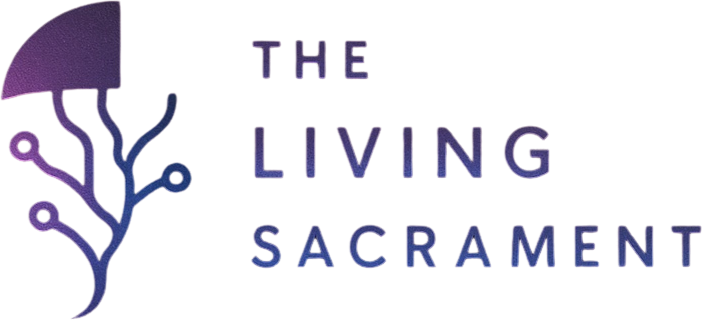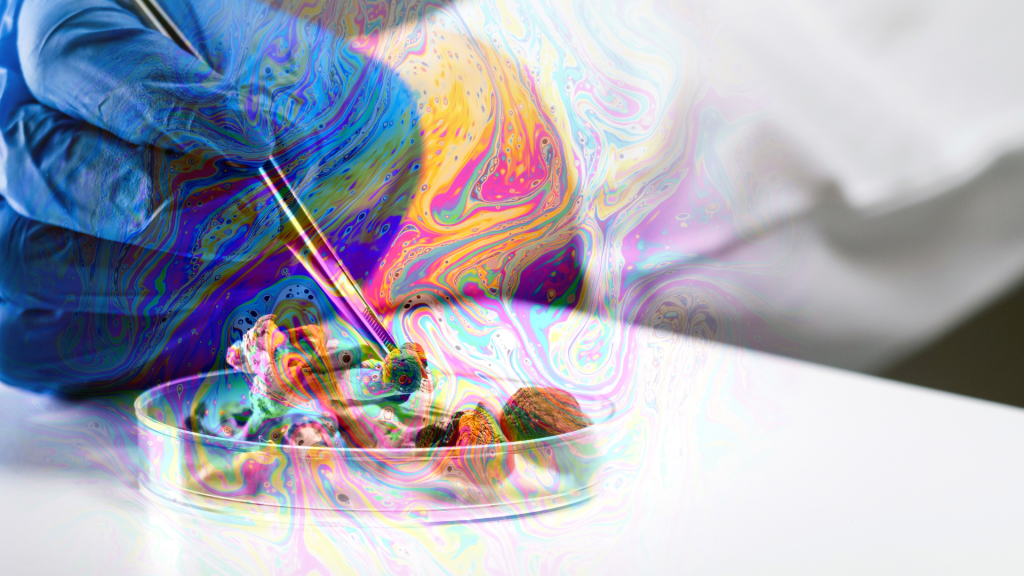Psilocybin therapy has gained attention as a powerful new approach to mental health. Unlike daily medications, it combines guided therapy sessions with a small number of experiences. People who have tried it in clinical studies often report long lasting improvements in mood, clarity, and overall wellbeing. Science is beginning to confirm what many have felt for centuries: psilocybin has real potential to support healing.
What Psilocybin Therapy Means
Psilocybin therapy is not the same as casual magic mushroom use. It takes place in a carefully prepared setting with professional support. The process usually includes three steps. First is preparation, where the person meets with a therapist to discuss their background, set intentions, and build trust. Next is the dosing session, where chemical is given in a calm and supportive environment. Therapists remain present to provide reassurance and guidance. The final stage is integration, where the person reflects on the experience with their therapist and explores how to apply the insights to daily life.
This structure makes psilocybin therapy different from other treatments. The mushroom experience is one part of a larger healing process. The therapy surrounding it is just as important as the the compound itself.
How It Works in the Brain
Psilocybin changes into psilocin once inside the body. It then interacts with serotonin receptors, especially the 5-HT2A receptor, which helps regulate mood and perception. By activating these receptors, temporarily alters communication patterns in the brain. Regions that usually operate separately begin to talk to each other more freely.
Brain imaging studies show that psilocybin reduces rigid patterns of activity that are linked with depression and anxiety. The brain becomes more flexible and open. This flexibility may allow people to see problems in new ways and break free from negative thought cycles. Researchers believe this increase in neural plasticity is one reason why psilocybin therapy can lead to long lasting improvements.
Benefits for Depression
One of the most promising uses of psilocybin therapy is for depression. Clinical trials show that psilocybin sessions paired with therapy can produce large and fast improvements. People often feel relief within days, compared to the weeks it can take for traditional antidepressants to show effects.
In many cases, the improvements last for months after just one or two sessions. Some studies have followed participants for a year and found that many continued to feel better. People describe feeling lighter, more hopeful, and more connected to life. This durability is one of the reasons psilocybin therapy has drawn so much interest.
Reducing Anxiety
Psilocybin therapy has also shown benefits for people living with serious illness. Patients facing life threatening conditions such as cancer often experience deep anxiety and fear. In research studies, a single psilocybin session helped many of these patients feel calmer, more at peace, and less afraid of death. These emotional shifts often persisted long after the session ended.
For people living with chronic stress or generalized anxiety, psilocybin therapy may offer similar benefits. By loosening rigid patterns of thought, it can reduce overthinking and worry. The supportive therapy environment also helps people feel safe as they confront their fears.
Supporting Addiction Recovery
Psilocybin therapy is being explored as a treatment for addiction. Small studies with people trying to quit smoking showed promising results, with many participants remaining tobacco free months later. Others have reported success reducing alcohol consumption.
The reason the compound may help with addiction lies in its ability to create perspective shifts. Many people describe gaining a new sense of purpose or clarity about their behavior. This can make it easier to break harmful habits and commit to healthier choices. While research is still early, the results suggest psilocybin could become a valuable tool in recovery programs.
Helping With Obsessive Thoughts
Obsessive-compulsive disorder is marked by repeating thoughts and behaviors that can feel impossible to control. Traditional treatments often focus on medication and behavior therapy, but not everyone responds. Psilocybin therapy is being studied as an option for those who need new solutions.
Preliminary findings suggest that it can ease rigid thinking and reduce the grip of obsessive patterns. By creating space for flexibility and perspective, it may help people respond to their thoughts in healthier ways. Therapists can then guide patients in reinforcing these changes during integration sessions.
Emotional and Spiritual Growth
One of the unique aspects of psilocybin therapy is the type of experience it produces. Many people describe feelings of deep connection, profound insight, or even mystical states. Far from being side effects, these moments often play a key role in healing.
Research shows that people who have strong emotional or spiritual experiences during psilocybin therapy often report the greatest benefits. They describe feeling more connected to loved ones, more appreciative of life, and more open to change. These experiences can shift core beliefs and values, leading to lasting positive transformation.
Why Psilocybin Therapy Stands Out
Psilocybin therapy is different from standard treatments in several important ways. First, the effects come quickly. People often notice relief within hours or days, which can be crucial for those struggling with severe depression. Second, the benefits tend to last, sometimes for months after only a few sessions. This is unlike daily medications, which require ongoing use.
Another difference is that this therapy often addresses the root causes of distress. Rather than only masking symptoms, it helps people gain insight into their patterns and choices. With guidance from therapists, these insights can lead to real and lasting change.
Safety and Support
While psilocybin therapy is very promising, it works best in controlled and supportive settings. The presence of trained professionals helps ensure safety and maximizes benefits. Common side effects such as nausea or temporary anxiety are usually manageable in this environment. Serious adverse effects are rare when proper screening and guidance are provided.
People with a history of psychosis or certain psychiatric conditions may not be good candidates, which is why screening is important. For most others, psilocybin therapy appears safe and well tolerated when used under professional supervision.
Looking Ahead
The interest in this kind of therapy continues to grow. Research centers, universities, and health organizations are expanding trials to study its effects in larger groups and across more conditions. At the same time, some states are beginning to create regulated programs that allow trained facilitators to provide their services.
The future of psilocybin therapy looks bright. If ongoing research continues to confirm its benefits, it could become a regular option in mental health care. The potential to relieve suffering quickly, deeply, and with lasting results makes it one of the most exciting developments in modern medicine.
The Answer to the Question
So, is it good for you? The evidence so far says yes, when done responsibly. It can ease depression, reduce anxiety, support recovery from addiction, and open the door to emotional and spiritual growth. With professional support, psilocybin therapy offers not just symptom relief but a chance for transformation.
Final Thoughts
Psilocybin therapy is changing how we think about healing. It combines ancient wisdom with modern science and offers hope to those who need new solutions. The path is still unfolding, but one thing is clear. Psilocybin therapy holds real promise as a safe, powerful, and life changing treatment.
Sources
- Davis AK, et al. Effects of Psilocybin-Assisted Therapy on Major Depressive Disorder. JAMA Psychiatry. 2020.
- Goodwin GM, et al. Single-Dose Psilocybin for a Treatment-Resistant Episode of Major Depression. JAMA. 2023.
- Griffiths RR, et al. Psilocybin produces substantial and sustained decreases in depression and anxiety in patients with life-threatening cancer: A randomized double-blind trial. Journal of Psychopharmacology. 2016.

